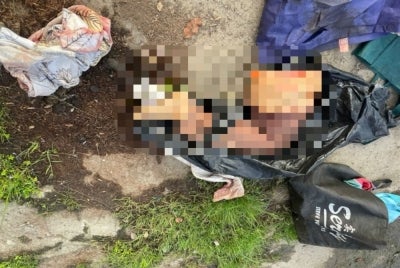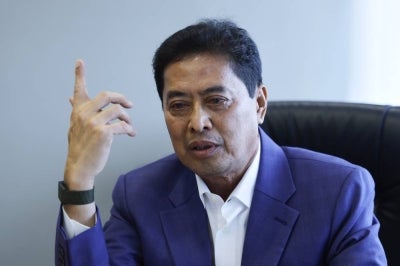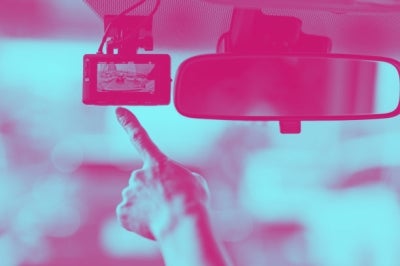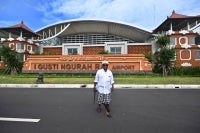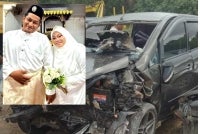Labour Day: The fight for hospital cleaners rights continues

SHAH ALAM - For decades hospital cleaners in Malaysia have faced low wages, a hostile working environment, and apathy from their employers.
At times, they were even looked down upon by the general public due to their daily tasks with many forgetting that without them - things would literally be a mess.
The injustice towards the hospital cleaners took centre stage during the early stages of the Covid-19 pandemic when they took their battle against their employers to the streets.
The saying at that time was - “cleaners are front-liners too”.
Unlike doctors and nurses, hospital cleaners work on fixed-term contracts with private companies instead of being directly employed by the government.
These contracts typically last between one and three years.
As private employed staff, they are often denied basic rights and benefits enjoyed by public healthcare employees working in the same hospital.
Furthermore, they are not guaranteed pay rise, contract renewals, days off on public holidays and paid medical leave.
In conjunction with Labour Day today, we talk to Parti Sosialis Malaysia (PSM) about their fight with the hospital cleaners in claiming their rights - which included a public demonstration and arrest during the early stages of Covid-19 Movement Control Order.
The socialist party, who has been an ardent and vocal defender of working-class Malaysians for decades, were there on the ground defending the cleaners.
What was troubling most was their extremely low wages according to PSM, where a cleaner - who has worked for 20 years was likely to be paid the same amount if they started working in 2020.
Its Youth Chief Arveent Kathirtchelvan said before the union was established, workers were receiving threats and harassment daily.
He said prior to officially forming the union itself - National Union of Workers in Hospital and Allied Services in Peninsular Malaysia (Nuwhsas), the workers were being psychologically manipulated by the employers.
"We also received manipulations where the employers put a lot of pressure by saying that the union will not pull through," he told Sinar Daily.
To overcome the problem, he said the government should accept hospital cleaners as civil servants as some of them have been working for 20 or 30 years and are still under contract with no increment and benefits." he said.
Sometimes, the vendors do take in new workers and do not renew contract of previous workers, he added.
"For an example, the hospital changes the vendor (from company A to company B) when company B absorbs the workers, they treat them as new staff and that's where the problem arises," Arveent said.
PSM has been creating awareness and empowering workers on their rights, he added.
PSM Youth Secretary Gandipan Nantha Gopalan said hospital cleaners and activists have been protesting for higher minimum wages and for better rights for cleaners.
Gandipan said PSM has been demanding from the government to give out Covid-19 allowances to government hospital cleaners. He claimed besides low wages, hospital cleaners, school cleaners and security guards are deprived of salaries.
"This can be seen in the recent case where the school cleaners from a school in Sabak Bernam had to protest in front of Prime Minister's Office to get their four months salary," he said.
Gandipan urged the government to hear the voices of cleaners and to absorb them as full-time workers.
In February this year, Health Minister Khairy Jamaluddin pledged to find a “comprehensive solution” to problems faced by contract hospital workers after receiving a memorandum from Nuwhsas.
“The ministry will work towards a comprehensive solution after further discussions take place,” he was quoted saying outside the ministry in Putrajaya.
Khairy had also acknowledged that the workers, mostly made up of hospital cleaners, were also frontliners in the fight against Covid-19.
The union demanded that contract hospital workers and ancillary workers be reinstated into the civil service, as was the case before 1997; as well as better pay and working conditions, after having not received any wage increments or Covid-19 allowances during the pandemic.
The union also sought the ministry’s intervention in companies discouraging union activities, after workers had been threatened and intimidated by their employers.
Download Sinar Daily application.Click Here!


